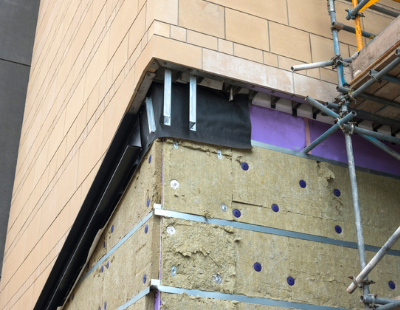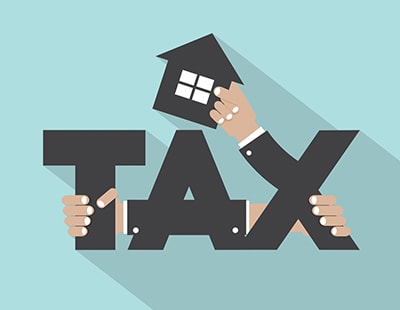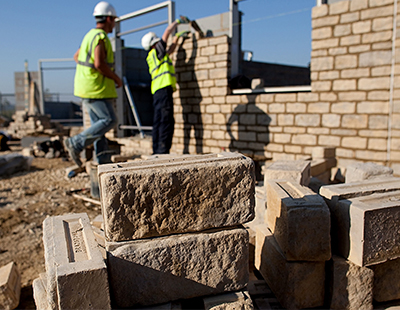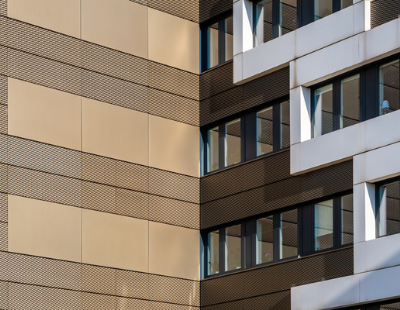
The cladding tax introduced in last week’s Budget could cost the nation’s biggest housebuilders £205 million a year, research from Sirius Property Finance has found.
As part of his speech in the major fiscal event on Wednesday October 27, the Chancellor confirmed a new Residential Property Developer (RPD) Tax would be introduced from April 2022 to ‘ensure that the largest developers make a fair contribution to help pay for building safety remediations’.
Having initially announced the tax back in February, it has now been revealed that a 4% charge will be brought to profits exceeding the annual threshold of £25 million.
But what does this mean for Britain’s biggest housebuilders?
Real estate debt advisory specialists Sirius Property Finance analysed pre-tax profits for 11 of the biggest housebuilders to find out.
The research shows that pre-pandemic (2019), total pre-tax profits for these 11 housebuilders totalled £5.4 billion.
Based on a £25 million tax threshold, this would see a potential taxable value of housebuilder profits to the tune of over £5.2 billion with a 4% rate of tax on this figure requiring Britain’s biggest housebuilders to pay £205 million in tax per year.
Persimmon alone could be in line to pay an additional £41 million per year in RPD Tax based on their pre-pandemic performance, with Barratt, Taylor Wimpey and Berkley also paying more than £30 million.
Even during 2020 when the pandemic saw housebuilder profits more than half (-52%), £2.6 billion in taxable value above the new £25 million threshold would have resulted in an RPD Tax bill of almost £103 million.
Commenting on the findings, Nicholas Christofi, managing director of Sirius Property Finance, says: “The confirmation of the Residential Property Developer Tax will come as a significant blow to Britain’s biggest housebuilders who have fought hard to overcome pandemic uncertainty, a decline in profits and a sharp spike in the cost of labour and materials.”
“It’s clear that having promised £5 billion to address the cladding crisis, the government is now reliant on the nation’s housebuilders to pay the bill and it’s a little unfair, to say the least, to expect the entire sector to compensate for the poor practices of a few.”
He adds: “It’s also likely that this latest move could inadvertently stifle housing delivery. The outcome of which is less stock reaching the market to address the current housing crisis, while high demand for those new homes that are delivered will push house prices ever higher to the detriment of the nation’s homebuyers.”









.png)

.jpg)








Join the conversation
Jump to latest comment and add your reply
Only going to take 125 years to raise the current (before inflation) estimated £25bn its going to cost to remedy all the fire safety shortcomings.
Too little too late. Virtually all builders are at fault here. A better course of action should have been to force builders of affected buildings to pay 75% of remediation cost with the rest coming from freeholder, leaseholders and government.
Please login to comment